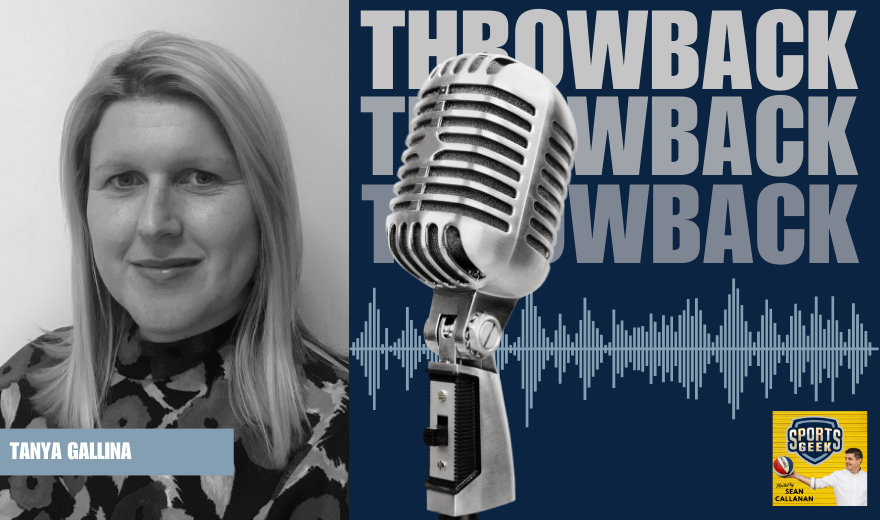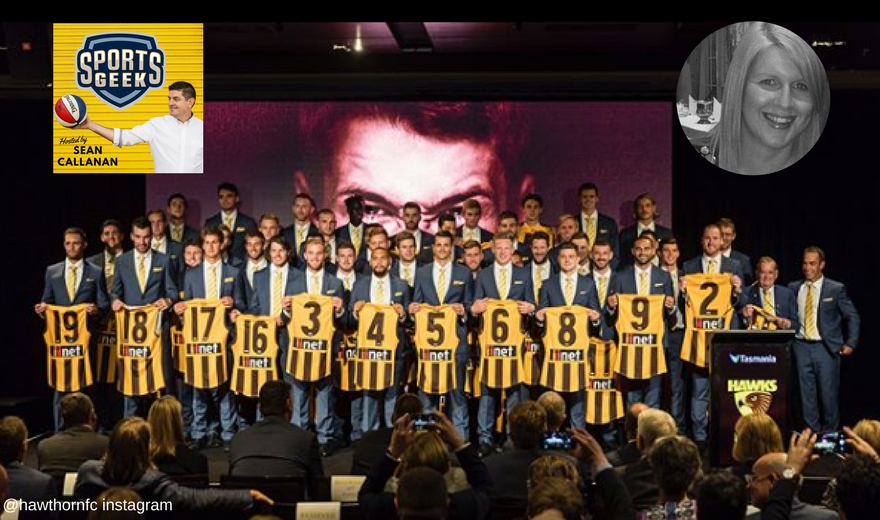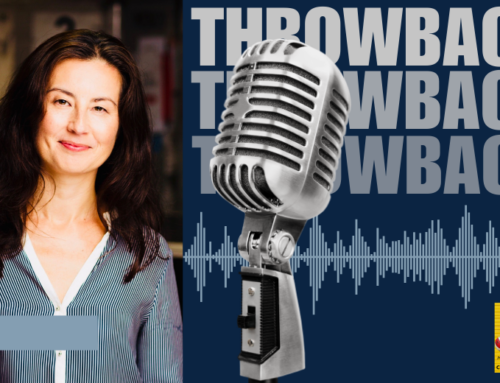This transcript has been lightly edited by AI
Sean: So what you're saying is, those kids are growing up and there, as is the way in Melbourne, you have a child and you just tell them who they're going to barrack for. So, you have this longer-term strategy of developing a fanbase from the 80s and in Tasmania. But we've also got the 2018 KPIs and membership targets to hit. How do you balance that long-term strategy and keep them engaged?
Tanya: For us, it's about segmentation. We understand our database really well. We've also got to consider that we've just won three premierships in a row. So we're sitting in my chair for 20 years and hopefully, they're seeing the fruits of this success. It's really about communication and segmentation. We very much understand who our clickers are, who our kids that have received fan development packs are, and who our loyal members are in terms of retention strategies, so that's critical.
Sean: So how is that data piece internally in the club? How's that being developed over the last seven or eight years because it's sort of been the last piece of the puzzle that's happening in AFL land. It's gone from that broad one-product membership to more segmentation and is becoming more the data geeks that are working on the business.
Tanya: I feel like we've been at it for quite some time in terms of segmenting our database. And then there's the database piece and then there's the actual membership product piece that continues to evolve. What you are seeing, or what we are all seeing in AFL, is that there's a lot of no shows.
Sean: That's a global trend. So it's not just AFL. It is happening. The people buying tickets are not turning up.
Tanya: So, from an AFL membership perspective for anyone that's listening overseas, we have an 11-game membership which lots of clubs like ours also have a three-game membership. We're continuously trying to understand if you've got an 11-game membership and you're only coming to maybe five or six games. Then your seat's vacant for those games. How do we resell that seat? How do we incentivise people to return that seat back so we can then resell it? How do we get people to games instead of sitting on the couch? It's a continued journey at the moment.
Sean: And at a venue like MCG is a blessing and a curse because it's a tremendous venue but it holds 95000 people so there's never a is never a capacity issue like you can always turn up and get a seat which is why there hasn't really been a strong resale market. So they develop in Australia. And so so that education process of you know whether it's trading back your ticket or those kind of things that's part of that comms customer service piece as you start introducing because football games are very traditional. They know what they want. They don't like change they like doing things the same way and trying to introduce these type of new concepts can freak some people out.








